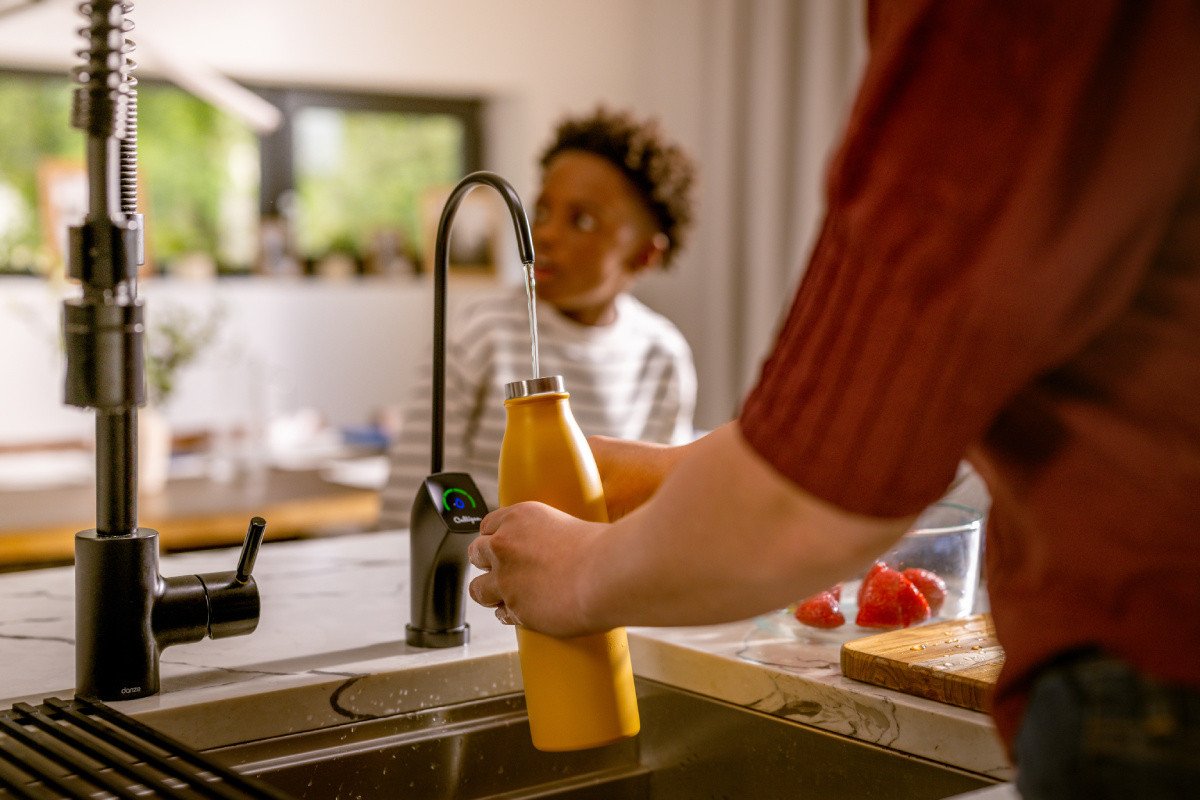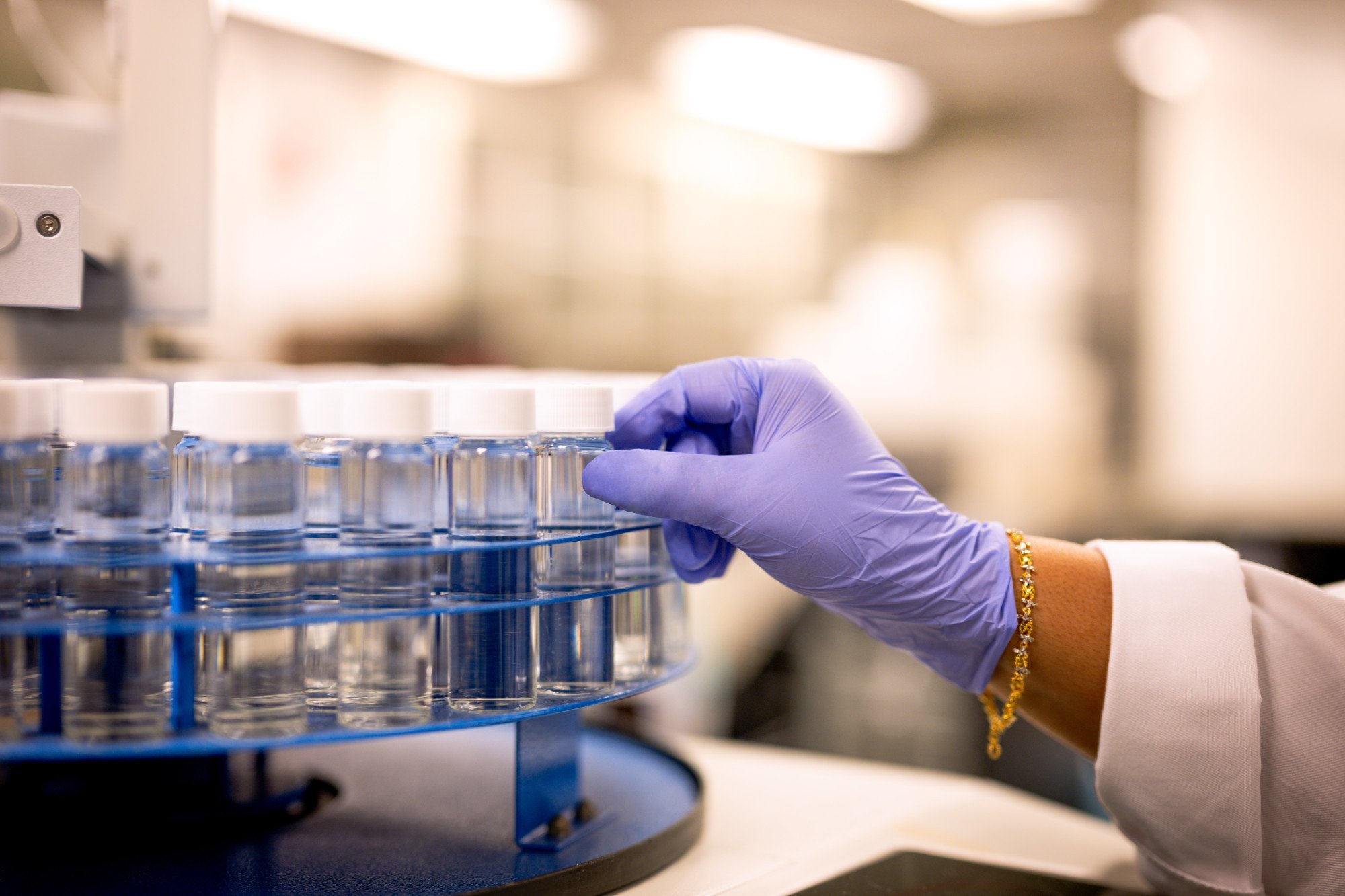PFAS in drinking water near North Carolina
Harmful PFAS - and their byproducts - have been found in North Carolina drinking water. What it means for you and how Culligan can help.

What are PFAS?
PFAS (formerly PFOS and PFOA) stands for Per - and Polyfluorinated substances. These are known as “forever chemicals” because they resist heat, water, and grease. Some PFAS have been phased out of production. However, there is still PFAS found in many everyday consumer products like shampoo, makeup, non-stick cookware, fast food packaging, clothing, carpeting and more.
PFAS are widespread across the US, including in North Carolina. According to the Environmental Working Group, some areas have a higher PFAS concentration than others. The Environmental Protection Agency (EPA) has set the limit for PFAS in public drinking water systems at 4 parts per trillion (ppt). This legally enforceable drinking water standard will protect approximately 100 million people from six specific PFAS.
Recent water tests conducted by the North Carolina Department of Environmental Quality (NCDEQ) continue to find elevated levels of harmful PFAS - or forever chemicals - in drinking water. This impacts roughly one million people in North Carolina who rely on this water for drinking.
Drinking water contamination usually occurs locally. This can happen near a facility where PFAS - or products using them - are manufactured, like the Chemours Plant (formerly DuPont), located on the banks of the Cape Fear River.
In 2017, the NCDEQ mandated that Chemours clean up its production of toxic PFAS and focus on improving water quality. While levels of some PFAS, like GenX, have significantly decreased, they have not been eliminated. In fact, PFMOAA - a close cousin of GenX - has seen a major uptick.
PFMOAA, due to its composition, is not technically labeled as a PFAS and as a result, it's not as strictly regulated. The NCDEQ is working to change that.
More research is needed to determine how PFMOAA impacts humans. However, there are significant negative health-related effects of PFAS.
What are the health effects of PFAS found in water?
PFOA (perfluorooctanoic acid) and PFOS (perfluorooctane sulfonic acid) can be found in water. These chemicals do not break down and stay in the environment, which can build up in soil and contaminate ground and surface water. Long-term exposure can also cause build-up in your blood, kidneys and liver, leading to significant health issues, such as:
- Developmental effects*
- Liver damage
- Reproductive issues
- Thyroid imbalance
- Immune system deficiencies
- Some cancers
*These health effects are especially dangerous for pregnant women and infants.
Public water systems must notify customers if there are high levels of PFAS in their drinking water. Consumers can contact their local water supplier to ask for information on PFOA and PFOS in their drinking water and request a copy of the Consumer Confidence Report.


PFAS solutions from Culligan
Public water systems are required to notify consumers if water is contaminated.
Consumers can also contact their local water supplier to ask for information on PFMOAA and GenX.* You can also request a copy of the Consumer Confidence Report. Learn more about PFAS and treatment options and view our water emergency quick reference sheet.
Reverse osmosis systems and filters containing carbon can reduce PFAS chemicals in your drinking water. Culligan currently offers two PFAS water treatment solutions, our Aquasential® Smart Reverse Osmosis Water System with Total Defense cartridge and our new Aquasential® Whole Home PFAS Filter. Both can reduce PFOS and PFOA by 99% at levels up to 1,500 ppt. It also reduces over 90 other contaminants, such as lead, nitrates, and pharmaceuticals. Your current Culligan system can be retrofitted to accommodate the new equipment to eliminate PFAS. We work with third-party organizations to certify our filtration products meet industry requirements (NSF/ASNI standard 53 for Total PFAS) set by the WQA.
Culligan’s Bottled Water delivery also ensures safe drinking water for you and your family. Culligan's bottled water is tested regularly to meet or exceed EPA standards. We are also members of the Water Quality Association (WQA) and International Bottled Water Association (IBWA), ensuring high quality and safety for consumers.
PFAS water testing from Culligan
Culligan now offers an at-home PFAS test kit that identifies 55 PFAS compounds down to 1 part per trillion in your water. The testing process requires just four simple steps and you can expect results in as little as 10 days. Based on the results, your local Culligan expert can recommend the right PFAS water treatment solution for you. Get peace of mind with a PFAS test from Culligan.
Worried about forever chemicals in your water?
Culligan now offers an at-home PFAS test kit.
Get results in under two weeks.

